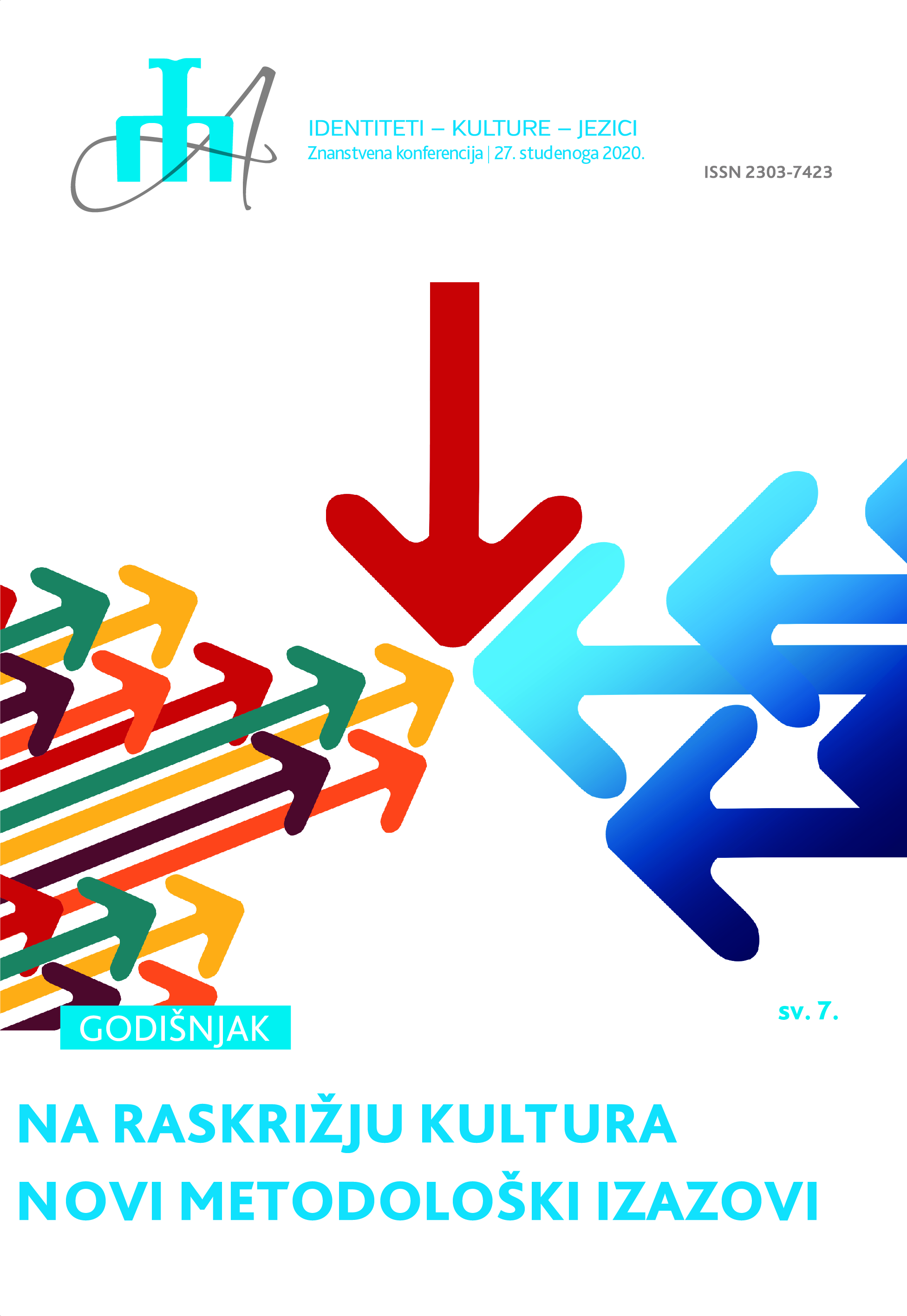Hrvatska politika u Bosni i Hercegovini tijekom Prvoga svjetskog rata. Pokušaj rješavanja hrvatskoga pitanja i budućega statusa Bosne i Hercegovine
Croatian politics in Bosnia and Herzegovina during the First World War. An attempt to solve the Croatian question and the future status of Bosnia and Herzegovina
Author(s): Ivica GlibušićSubject(s): Ethnohistory, Political history, Pre-WW I & WW I (1900 -1919)
Published by: Filozofski fakultet Sveučilišta u Mostaru
Keywords: Croatian question; Croatian politics; May Declaration; political divisions; archbishop Josip Stadler; Franciscans; the status of Bosnia and Herzegovina;
Summary/Abstract: The author analyses the political processes in Bosnia and Herzegovina during the First World War with a special focus on the Croatian question and the future status of Bosnia and Herzegovina. Before the beginning and during the First World War three political directions were formed in Bosnia and Herzegovina which greatly aggravated a unitary approach to solve the Croatian question. Four political centres of power influenced Croatian politics in Bosnia and Herzegovina: Vienna, Zagreb, Budapest and Belgrade. As the Hungarians and the Serbs had the same goal at the beginning – to stop the strengthening of the Croatian idea of merging Bosnia and Herzegovina with Croatia and to weaken the Austrian influence, Vienna was even more concerned with the convergence of the Serbian and a part of the Croatian politics, i.e. the fact that Croatian intelligence changed their direction toward a political cooperation with the Serbs. Seeing the danger from the Hungarian and the Serbian aggressive nationalism, and especially from the threat of the Greater Serbian Project, Vrhbosnian archbishop Josip Stadler advocated that the solution of the Croatian question only be through the joining of Bosnia and Herzegovina with Croatia within the Austro-Hungarian Empire. During the war, and especially toward its end, a great disorientation of Croatian political representatives was revealed when it came to the definition of the statehood of Bosnia and Herzegovina, and therefore it became clear that Croatian politicians in Bosnia and Herzegovina are not unitary regarding the statehood status of Bosnia and Herzegovina. The aims of the paper are to show what influenced the different stances of archbishop Josip Stadler, Bosnian and Herzegovinian Franciscans and Croatian political representatives concerning the May Declaration, the solution of the Croatian question and the future status of Bosnia and Herzegovina. The paper will also analyse what brought to the turn in the Croatian politics in Bosnia and Herzegovina at the end of the war and what was the stance of the Catholic Church in Bosnia and Herzegovina toward the creation of a Yugoslav state. The actions of archbishop Stadler and the men gathered around him clearly tell that they were aware without the help of Zagreb what the state of the Empire was, and thus the state of Croatians in Bosnia and Herzegovina as well. However, only when it became clear that the Empire would fall, which was at the very end of the war, the Croatian politicians in Bosnia and Herzegovina attempted to follow the political powers from Zagreb thinking they would find the best solution for Croatians by doing so.
Journal: Identiteti - Kulture - Jezici
- Issue Year: 7/2021
- Issue No: 1
- Page Range: 33-61
- Page Count: 29
- Language: Croatian

